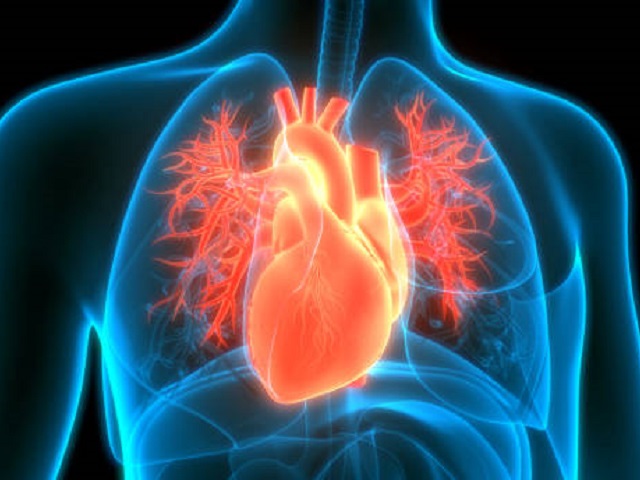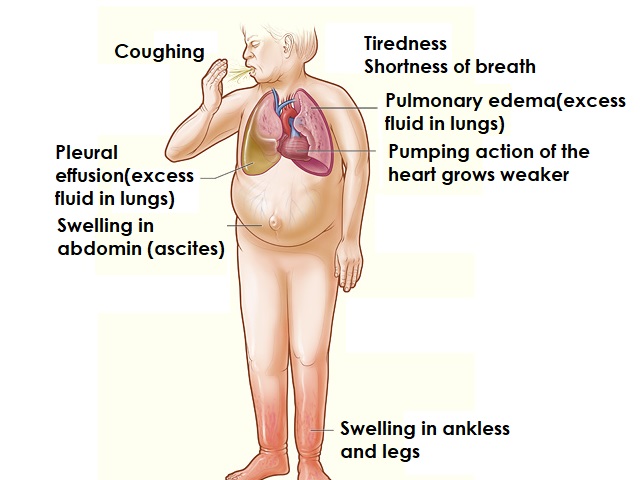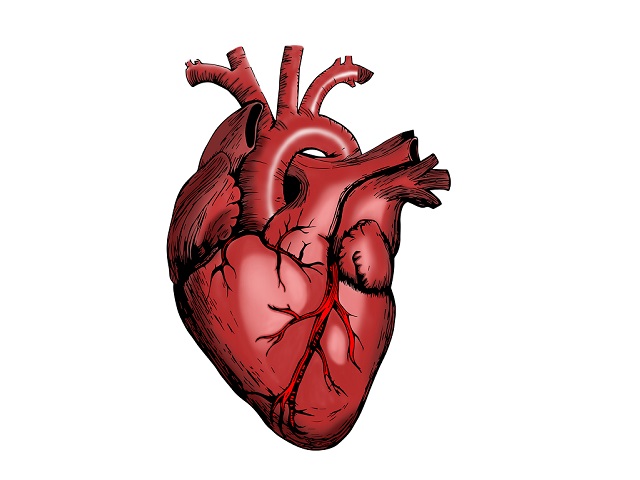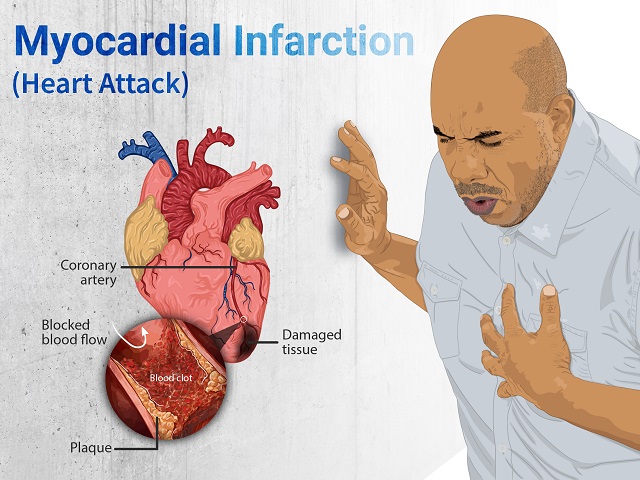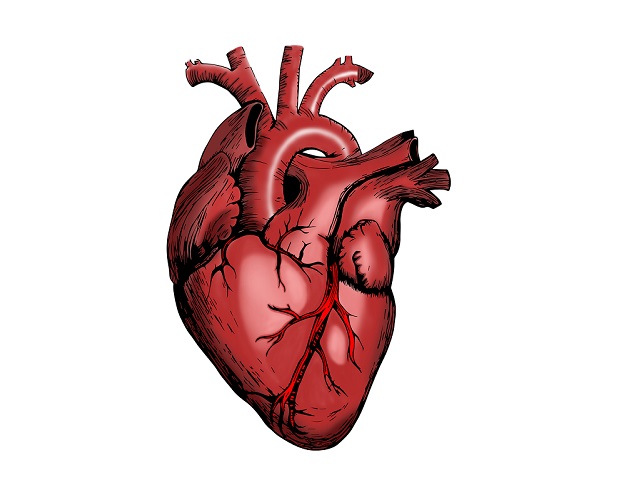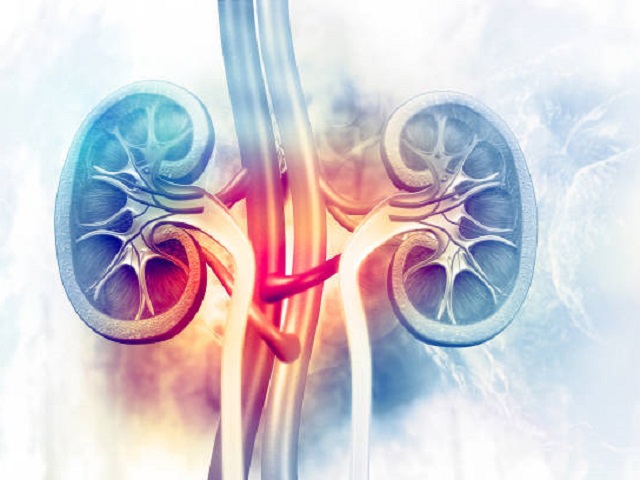Critical Signs You May Have Heart Failure -- Symptoms, Causes, Effects, Treatment and Prevention
Heart failure, also known as congestive heart failure, is a chronic medical condition in which the heart is unable to pump blood efficiently to meet the body's needs. It occurs when the heart's ability to contract and relax is impaired, leading to a reduced cardiac output and the accumulation of fluid in various parts of the body.
Symptoms of Heart Failure:
The symptoms of heart failure can vary but commonly include shortness of breath, fatigue, swelling in the legs, ankles, or abdomen (edema), rapid or irregular heartbeat, persistent cough or wheezing, and decreased ability to exercise (American Heart Association, 2021).
Causes of Heart Failure:
Heart failure can be caused by various underlying conditions that affect the heart's structure or function. Common causes include coronary artery disease, high blood pressure, heart valve diseases, previous heart attacks, heart muscle diseases (such as cardiomyopathy), and congenital heart defects (Mayo Clinic, 2020).
Effects of Heart Failure:
Heart failure can have significant effects on an individual's overall health and quality of life. It can lead to reduced exercise tolerance, fluid accumulation in the lungs and other body tissues, increased risk of hospitalizations, and a decreased life expectancy if left untreated (American Heart Association, 2021).
Treatment of Heart Failure:
The treatment of heart failure aims to alleviate symptoms, improve the heart's function, and prevent or manage complications. Treatment approaches may include:*
- Lifestyle modifications: These may involve adopting a heart-healthy diet, regular exercise, weight management, limiting alcohol intake, quitting smoking, and managing stress.
- Medications: Several medications, including ACE inhibitors, beta-blockers, diuretics, and aldosterone antagonists, are commonly prescribed to manage heart failure symptoms, control blood pressure, and improve cardiac function.
- Devices: In advanced cases of heart failure, implantable devices such as pacemakers, implantable cardioverter-defibrillators (ICDs), or cardiac resynchronization therapy (CRT) devices may be recommended to help regulate heart rhythm and improve pumping efficiency.
- Surgical interventions: In some cases, heart surgery may be necessary to treat underlying conditions contributing to heart failure, such as coronary artery bypass grafting or heart valve repair or replacement.
Prevention of Heart Failure:
While some risk factors for heart failure, such as age and family history, cannot be changed, certain lifestyle modifications can help prevent or manage heart failure. These include maintaining a healthy weight, engaging in regular physical activity, managing chronic conditions like high blood pressure and diabetes, avoiding excessive alcohol consumption, and quitting smoking (Mayo Clinic, 2020).
It is important for individuals with symptoms suggestive of heart failure to seek medical evaluation and follow the guidance of healthcare professionals for an accurate diagnosis, personalized treatment plan, and ongoing management of the condition.
References:
American Heart Association. (2021). Symptoms and Diagnosis of Heart Failure. Retrieved from https://www.heart.org/en/health-topics/heart-failure/diagnosing-heart-failure
Mayo Clinic. (2020). Heart Failure. Retrieved from https://www.mayoclinic.org/diseases-conditions/heart-failure/symptoms-causes/syc-20373142



